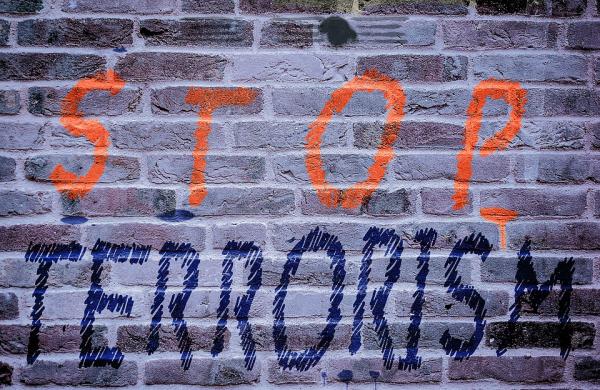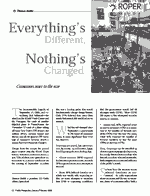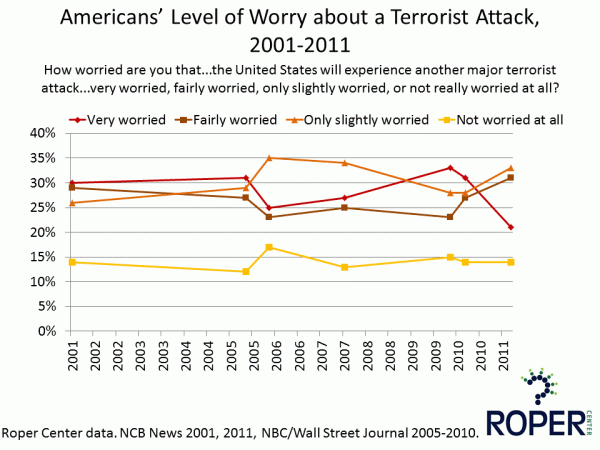Terrorism
Issue Brief

A Public Divided: Americans’ Attitudes about Torture
The release of the Senate Intelligence Committee report on the CIA use of torture in interrogations of suspected terrorists has renewed the debate over what the U.S. should or should not do to its prisoners in the war on terror.

Then and Now: Terrorism Fears
Terrorism in the modern sense first began to enter the American consciousness with the rise of bombings and hijackings in Europe and the Mideast in the 1970s.

If We Torture, What Makes Us Different From Those We Condemn?
Where We Live – WNPRby John Dankosky and Betsy Kaplan (Jackie Filson, Lydia Brown, and Tucker Ives contributed to this show.)Last month, the Senate Intelligence Committee Report released their report examining the CIA’s use of enhanced interrogation after 9/11.They found that the CIA was using harsher forms of torture that yielded less useful information than we were led to believe.California Senator Dianne Feinstein, Chair of the Senate Intelligence Committee said, “Detainees were subjected to the most aggressive techniques immediately. They were stripped naked, diapered, physically struck, and put in various painful stress positions for long periods of time.”
Related Data

2015 ORC/CNN Survey Datasets Available
Seven Opinion Research Corporation/Cable News Network (CNN) national studies conducted from June to December, 2015 are now available for download.
ABC News/Washington Post Poll Update
Six ABC News/Washington Post polls conducted from May, 2014-January, 2015 are now available for download.

September 11, 2001 surveys from days following the attack
These polls, taken in the days immediately following the September 11th attacks, reveal the public’s personal reactions to the events, their fears about the future, and their views about what actions government should take in response.

Two Years After September 11th
Polls conducted two years after the 9/11 attacks




